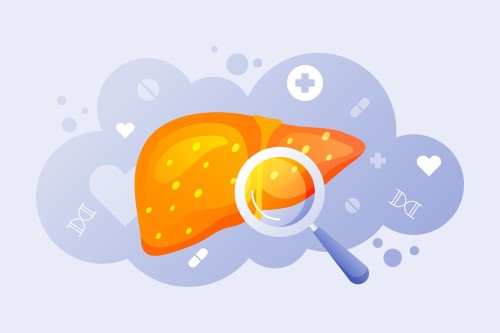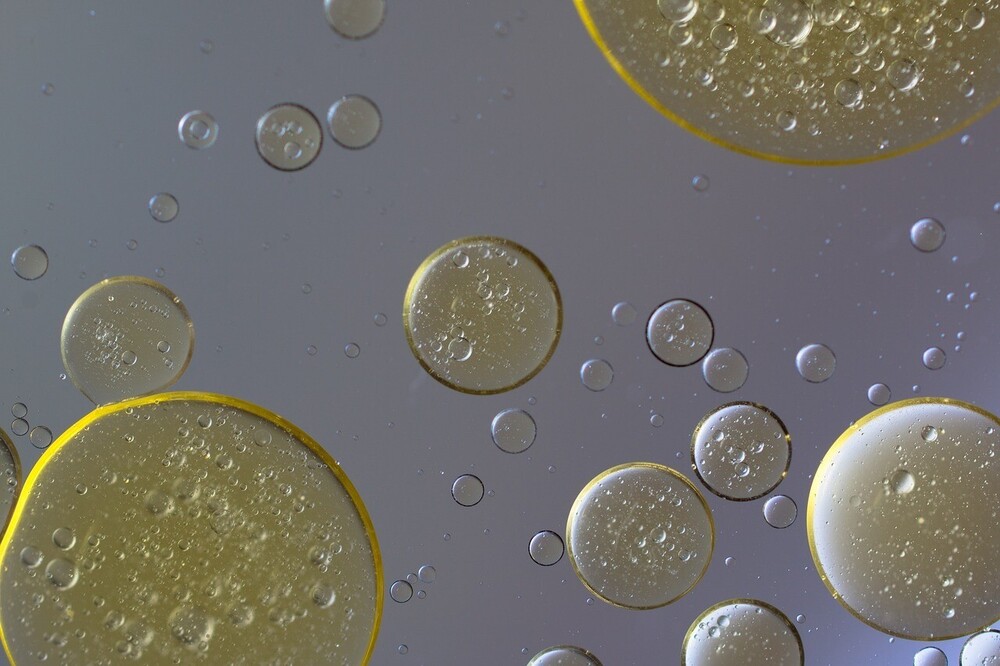Bile Breakdown: What It Is and Why We Need It

posted 31st March 2024

This month we have been taking a close look at the importance of efficient detoxification within the body and some of the health consequences when this does not work at an optimal level. You can read more about this in The Detox Deep Dive.
The Detox Deep Dive talked about the importance of the final phase of detoxification which is elimination. This is done via the kidneys with urine and via the bowels with bile. So what is bile and why is it so important?
What is Bile?
Bile is a yellow-green substance produced in the liver and stored in a smaller organ called the gallbladder. It is made up of 95% water and the remaining 5% consists of bile salts, bilirubin (from the breakdown of red blood cells), hormones, toxins and cholesterol.
What does Bile do?
- Detoxification - As previously mentioned, bile contains toxins from the liver such as drugs, chemicals, pollutants, hormones and heavy metals which have been transformed into metabolites ready for excretion. Poor bile flow will hamper this process of detoxification and can result in the reabsorption of some of these toxins.
- Fat Digestion - As well as a role in detoxification, bile is extremely important for fat digestion. When we eat fat containing food, signals are sent to the gallbladder to release bile into the small intestine. Bile acts like washing up liquid and breaks down fats into smaller molecules ready for digestive enzymes to complete the process. Therefore, inadequate bile flow and quality can result in poor fat digestion which can lead to deficiencies in fat soluble vitamins like A, D, E and K. Poor fat digestion can also increase inflammation within the gut and contribute to intestinal permeability or “leaky gut” as well as more widespread chronic inflammation.
- Antimicrobial - Bile is also an excellent antimicrobial. The pH of bile, which is more alkaline, helps make the environment of the small intestine inhospitable to pathogenic gut bacteria such as staphylococcus aureus and Helicobacter pylori. H. Pylori, in particular, is associated with an increased prevalence of gastric ulcers. Low bile is also associated with SIBO (Small Intestinal Bacterial Overgrowth), where gut bacteria that normally reside in the large intestine migrate to the small intestine. This is believed to contribute to many of the symptoms associated with Irritable Bowel Syndrome.
- Cholesterol Breakdown - Bile also assists the breakdown of cholesterol and low bile output can often be the cause of higher levels of cholesterol. Optimising bile flow alone can help balance cholesterol levels avoiding unnecessary medication.
- Lubricant - Often overlooked is that bile plays a key role in gut motility, acting both as a lubricant and promoting regular bowel movements. Low bile can lead to constipation which can in turn lead to poor elimination of toxins and reabsorption of hormones. Constipation can also drive inflammation of the gut lining and promote imbalances of the gut microbiome.
Checking Bile Flow
So how do we know if our bile is healthy and flowing well? Some of the signs and symptoms of poor bile flow are:
- Pale, floating, smelly stools
- Altered bowel movements (too fast or too slow)
- Stubborn weight gain
- Gallstones or gallbladder attacks
- Discomfort or pain when eating fatty foods
- Bacterial overgrowth in small intestine (SIBO)
- Symptoms of poor detoxification
- Certain autoimmune and chronic diseases or adherence to a low fat diet can also hinder bile flow
Nutrition to support Bile
So how can you help support your bile? As we saw previously, bile consists mainly of water so making sure you are sufficiently hydrated is extremely important. Other nutrients that are important for bile include amino acids glycine and taurine found in bone broth, fish, dairy and sea vegetables. A regular supply of healthy fats such as olives, avocados, coconut oil, oily fish and whole nuts and seeds are also crucial as fat is needed to signal bile to be released from the gall bladder. Other foods to consider are bitter greens such as watercress and chicory, together with lemon juice and apple cider vinegar, which are excellent at stimulating all our digestive secretions before a meal.
A Gut Microbiome and Stool analysis can test levels of bile and provide valuable insight into what these levels are, together with the overall health of the intestinal lining and the diversity of the gut microbiome. Medicinal Eating Nutritional Therapy can help arrange this testing with interpretation of the results and implementation of supportive dietary interventions. Identifying the root cause for sub optimal bile flow is key to providing a personalised plan to improve bile and reap the health rewards given by this vital digestive secretion.
For further information, please contact Medicinal Eating or email Janine at info@medicinaleating.co.uk.


